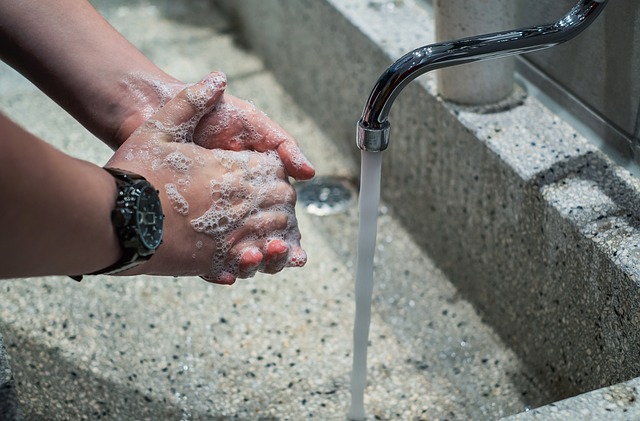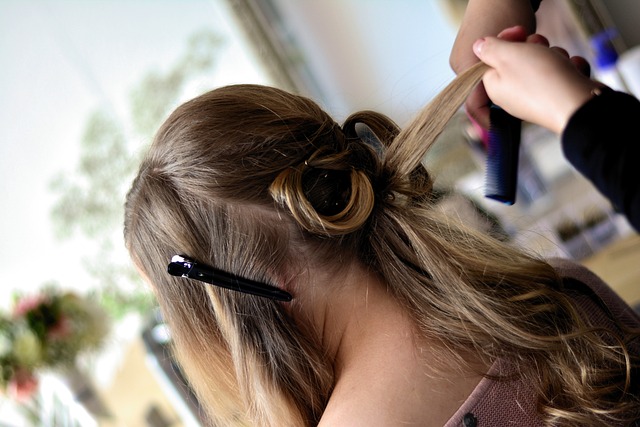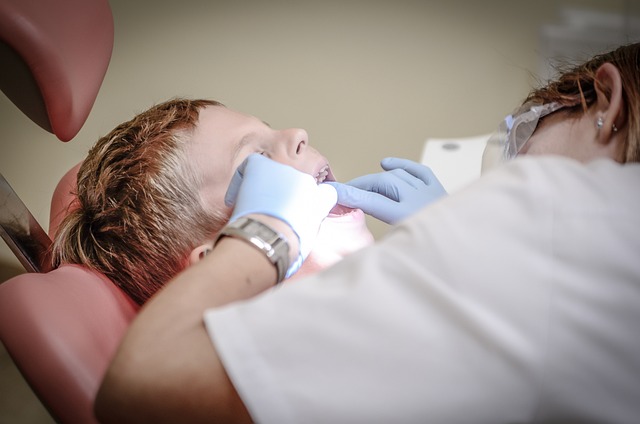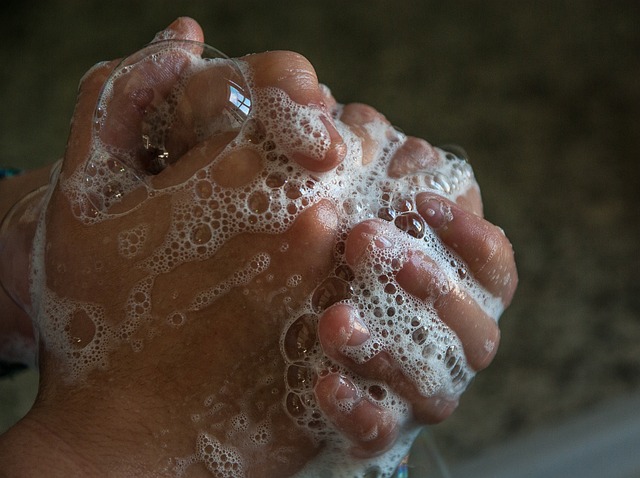
First Things First
Beyond simply keeping oneself clean and smelling great, personal hygiene is essential to preserving one’s general health and wellbeing. Having proper hygiene practices is essential for maintaining both physical and mental health, as it can prevent sickness and increase self-confidence. We’ll discuss the value of personal hygiene in this extensive book, along with useful advice on how to keep everything in your daily life clean and fresh.

Understanding Personal Hygiene
The behaviors and routines people follow to keep themselves clean and stop the transmission of illness and germs are referred to as personal hygiene. These habits cover a wide range of everyday activities, such as hygiene, body and dental care, and grooming.

The Significance of Personal Hygiene in Preventing Illness
Maintaining good personal hygiene is crucial to stopping the transmission of infectious diseases, such as the common cold, the flu, and gastrointestinal tract infections. You can lower your own and others’ risk of sickness by eliminating bacteria and germs from your body and surroundings.
- Encouraging Physical Health: Good personal hygiene practices, such as routine tooth brushing and flossing, regular showers, and wearing clean clothes, support good physical health. Taking care of your teeth and gums can help avoid tooth decay, gum disease, and bad breath. Bathing also helps to prevent skin infections and body odor by cleaning the skin of dirt, perspiration, and bacteria.
- Improving Mental Well-Being: Keeping oneself clean helps improve one’s mental health and sense of self. Having a clean, fresh feeling can improve self-image, attitude, and confidence. Maintaining one’s looks can help foster pride and respect for oneself.
- Improving Social Interactions: Relationships and social interactions depend on maintaining proper personal hygiene. People who maintain personal hygiene and grooming are more likely to make others feel at ease and confident. Upholding proper hygiene practices cultivates beneficial social interactions and bonds by demonstrating respect for oneself and others.

Key Tips For Personal Hygiene
- Hand hygiene: Wash your hands often with soap and water, particularly before consuming food, following a bathroom break, and following a cough or sneeze. If soap and water are not available, use hand sanitizer.
- Body Hygiene: Wash your body with soap and water after every bath or shower. Pay special attention to regions like the groin, foot, and underarms that are prone to perspiration and odor. Maintain clean, clipped nails to avoid dirt and bacteria accumulation.
- Oral hygiene: Use fluoride toothpaste to brush your teeth at least twice a day, and floss every day to get rid of plaque and food particles. To eliminate bacteria and refresh breath, use mouthwash. See the dentist for routine cleanings and examinations.
- Hair care: Use shampoo and conditioner to wash your hair on a regular basis to get rid of product buildup, oil, and dirt. Maintain desired hairstyles and cuts. In order to stop the spread of lice and other parasites, use a clean brush or comb.
- Clothes Hygiene: Make sure your underwear and clothes are clean every day. To get rid of grime, perspiration, and bacteria, routinely launder bedding, towels, and clothes. Follow the washing directions carefully, and add fabric softener and detergent as necessary.
- Foot Care: To avoid fungal illnesses like athlete’s foot, keep your feet dry and clean. Put on fresh socks and shoes that fit properly and are made of breathable fabrics. In order to prevent ingrown toenails, trim toenails straight across.
- Environmental Hygiene: To avoid the accumulation of dust, mold, and vermin, keep living areas tidy and well-maintained. Regularly clean frequently touched items like light switches, countertops, and doorknobs.

In summary
Personal hygiene, which includes a variety of behaviors that encourage cleanliness and stop the transmission of disease, is fundamental to health and wellbeing. Adopting and implementing appropriate hygiene practices into daily life can help people reap the benefits of better mental and physical health as well as positive social relationships. Keep in mind that maintaining good personal hygiene involves taking care of oneself, others, and the environment by keeping it clean and healthy for everybody.



